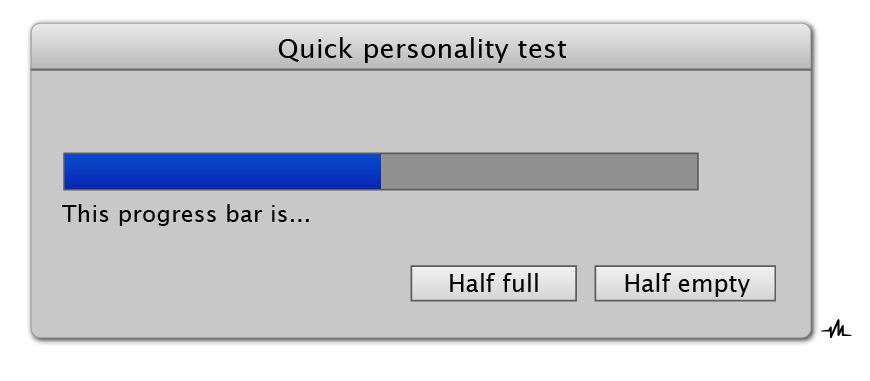My personal favourite line of Woody Allen’s is from the book jacket biog he wrote for himself: “Woody Allen’s one regret is that he is not someone else”. But I’d like to offer you this alternative:
I think that the biggest life lesson I learned as a boy that has helped me and is still with me is that you really have to discipline yourself to do the work. If you want to accomplish something you can’t spend a lot of time hemming and hawing, putting it off, making excuses for yourself, and figuring ways. You have to actually do it. I have to go home every single day, no matter where I am in a world, no matter what I’m doing, and putting 30 to 45 minutes of practice on my clarinet because I want to play. I have to do it. When I want to write, you get up in the morning, go in and close the door and write.
You can’t string paper clips, and get your pad ready, and turn your phone off, and get this, get coffee made. You have to do the stuff. Everything in life turns out to be a distraction from the real thing you want to do. There are a million distractions and when I was a kid I was very disciplined. I knew that the other kids weren’t. I was the one able to do the thing, not because I had more talent, maybe less, but because they simply weren’t applying themselves.
As a kid I wanted to do magic tricks. I could sit endlessly in front of mirror, practicing, practicing, because I knew if you wanted to do the tricks you’ve got to do the thing. I did that with the clarinet, when I was teaching, I did that with writing. This is the most important thing in my life because I see people striking out all the time. It’s not because they don’t have talent, or because they don’t want to be, but because they don’t put the work in to do it. They don’t have the discipline to do it.
This was something I learned myself. I also had a very strict mother who was no nonsense about that stuff. She said ‘If you don’t do it, then you aren’t going to be able to do the thing.’ It’s as simple as that. I said this to my daughter, if you don’t practice the guitar, when you get older you wouldn’t be able to play it. It’s that simple. If you want to play the guitar, you put a half hour in everyday, but you have to do it. This has been the biggest guiding principle in my life when I was younger and it stuck.
I made the statement years ago which is often quoted that 80 percent of life is showing up. People used to always say to me that they wanted to write a play, they wanted to write a movie, they wanted to write a novel, and the couple of people that did it were 80 percent of the way to having something happen. All the other people struck out without ever getting that pack. They couldn’t do it, that’s why they don’t accomplish a thing, they don’t do the thing, so once you do it, if you actually write your film script, or write your novel, you are more than half way towards something good happening. So that I was say my biggest life lesson that has worked. All others have failed me.
Woody Allen Interview ‘Vicky Cristina Barcelona’ – Frosty, Collider.com (15 August 2008)
It’s not possible to feature Woody Allen without thinking of the same things that make some of his films uncomfortable. Yes, this interview was done in promotion of Vicky Cristina Barcelona. It’s easy to say that this is the worst film ever made – so let’s. It’s astoundingly awful. Writer Ken Levine has a better take on it than I will ever manage because after five minutes I felt inspired to get on with my work.
So, you know, Allen is a productivity guru of a sort.
Though I’ve got to say that Midnight in Paris is as good as advertised.
